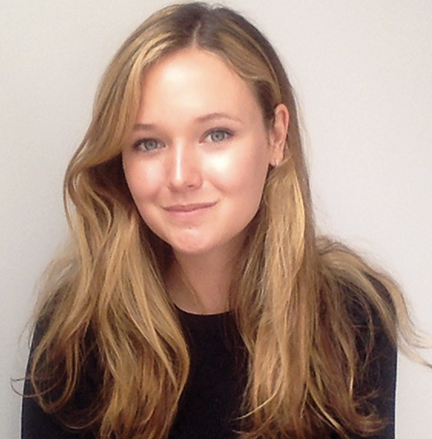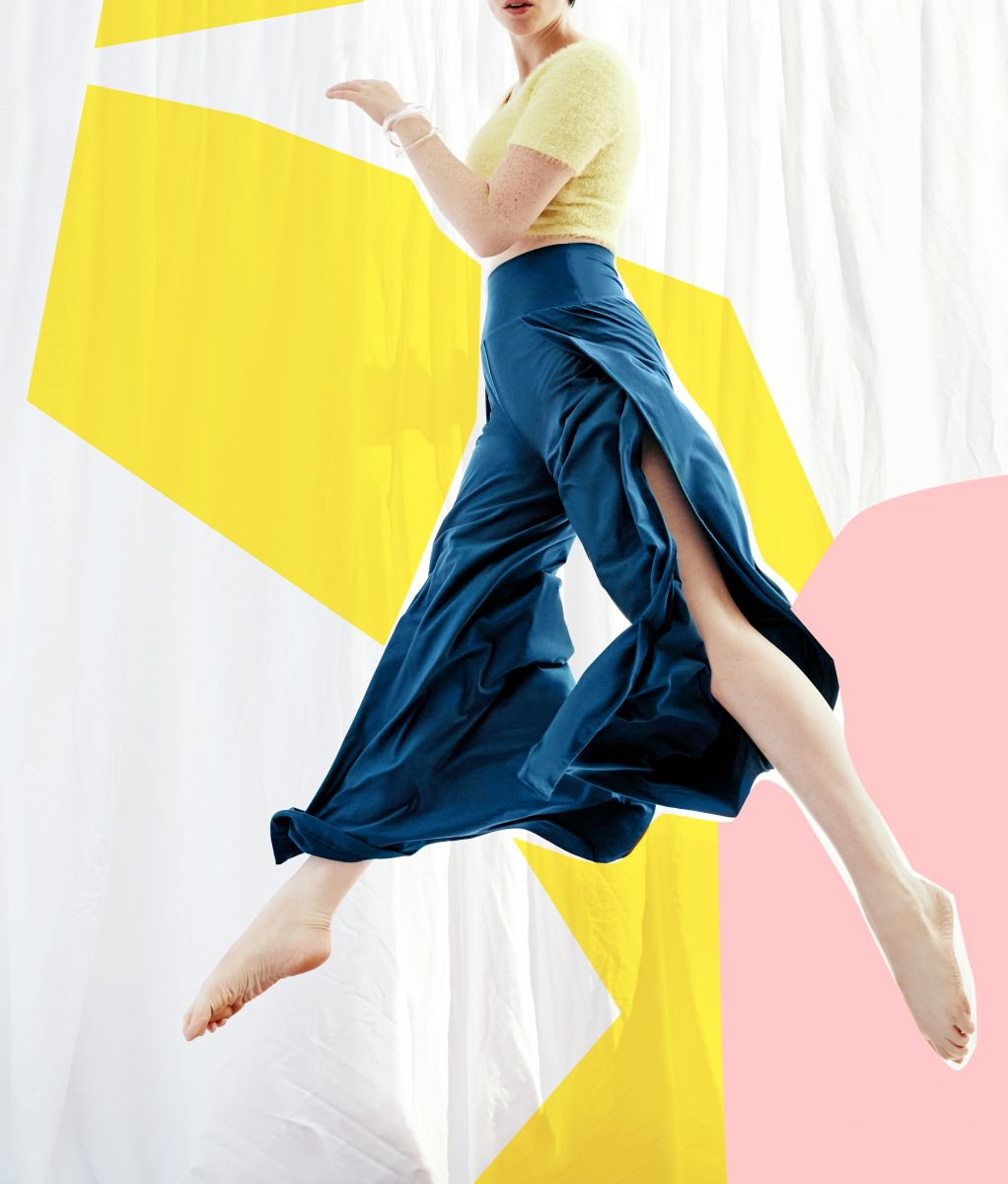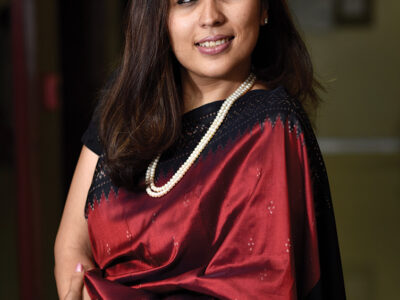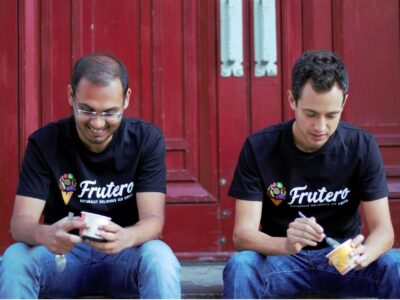
Armed with a line of whimsical palazzo pants, this Dallas native hopes to place menstrual products in the hands of as many women as possible.
Pop-Tarts. Chainsaws. Bingo supplies. Pixy Stix. Gun club memberships.
According to a recent CBS News report, these are just a few of the items exempt from sales tax across America—unlike menstrual products. While states decide which products to make more affordable through sales tax exemptions, it’s a general rule that necessities like food and prescription medicines are exempt. Pads and tampons are noticeably excluded from this classification, despite being among the most necessary items in a woman’s bathroom, up there with toilet paper and soap.
These policies, along with the fact that period products are excluded from public benefits like food stamps, mean that they can be unattainable for some Americans. Reports have shown that one in five teenagers have struggled to afford them and that these items are among the most requested in homeless shelters. This conundrum begs a simple question: How can something so vital be so unaffordable?
Emmy Hancock C’18 is using fashion to drive attention to the growing menstrual rights movement. Launched amid a summer of quarantine, her new start-up company Oluna is donating a year’s worth of period products to a woman in need for every pair of pants sold. The line of palazzo pants is comfortable yet whimsical, with wide slits and colorful prints to liven up the loungewear. And her branding and website are equally colorful, designed to make it so customers can “feel comfortable talking about and asking questions” about a topic that isn’t often discussed.

Currently based in Dallas, Hancock has partnered with 10 area homeless shelters who will house bulk menstrual supplies and distribute them as needed. As Oluna expands, she hopes to provide entry-level jobs to homeless women looking for work.
Measuring sales and pad distribution is important, notes Hancock, but not as much as the brand’s ability to change how women let their period affect them—particularly in the workplace. “I want to measure secondary impact,” Hancock says. “OK, this person gets a year of period supplies. But how does that then affect their life in other ways? Are they then able to find a job? Do they feel more dignified and clean and have more self-confidence to then go out and do that next thing for their life?”
While Hancock plans to revisit her business model in a post-COVID world, Oluna’s origin story is distinctly 2020. Working from home enables Hancock to balance a day job with entrepreneurship, and she jokes that her day is just an endless stream of business development. In between sending emails and cold-calling for OnSiteIQ, she listens to podcasts about pricing materials for small businesses and designs social media infographics.
“I’ve done it all myself,” says Hancock, noting that she did $3,000 in gross sales during her first week. “I did SEO, I’ve built the website, I’ve designed the graphics, I’ve shot the pants, I’ve designed the pants, I’ve found manufacturers. If you look at all of that, it’s so overwhelming. But if you do one small thing a day, like in a couple of months, it’s done.”
Increasing accessibility is only part of Oluna’s mission. Proceeds from the brand’s line of cartoonish, pastel merchandise will also go toward funding menstrual research. Hancock’s first goal is to fund a national perception study that gauges how women of all backgrounds learned about their periods—and how comfortable they are talking about them. “This would be a really good starting point,” Hancock says, “so from there you can see what are the most important things that we need to hit first.”
While period talk is shrouded in coded language about “riding the crimson wave” or going through “Shark Week,” Hancock says there’s one thing perfectly clear about periods: they’re covered in shame, and the tampon tax reinforces that. Working on Oluna allowed Hancock to redefine her period as a natural occurrence and not a hassle.
“Even at Penn, I hated having to go to CVS and buying tampons because literally everyone I ever knew was there. And I’d wrap it under my arm because I felt shameful,” she says. “One of the worst things that you can feel about something that happens to you once a month is shame.” But, she adds, many young women feel the same way. “I haven’t ever encountered an issue where every single girl has one shared experience, be it getting caught off guard and either having to run home or run to the drugstore or asking a female coworker for a tampon.”
So as Oluna grows, Hancock hopes the country’s mindset does, too. On its face, the fledgling brand is an updated one-to-one model dedicated to supplying menstrual products to every woman who needs them. On a deeper level, however, it’s about destigmatizing periods in everyday conversation.
“At the end of the day, a period isn’t a girly thing or an unsexy thing. Hell, it’s just like a nosebleed,” Hancock says. “Yeah, it happens like once a month. You bleed, a lot. It doesn’t make you crazy. It’s kind of painful. That’s it.”
—Beatrice Forman C’22




